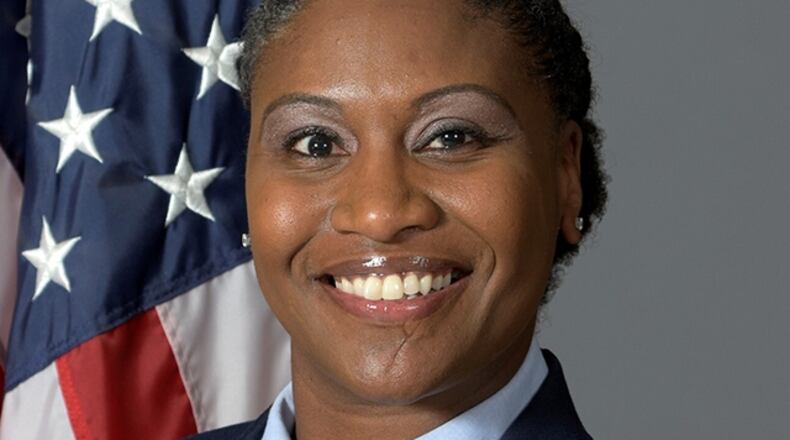No matter who you are or what your job is, accountability starts with you. This means you need to know what is expected of you, ensure you meet those expectations and take ownership when you don’t meet them. This is important because you need to be the standard for how accountability looks so those around you have someone to emulate.
I’m sure you can agree there is nothing more frustrating than someone telling you to do something they should also be doing but aren’t willing to do themselves. However, do not mistake this for perfection, as we are all flawed. Instead, this is where the Air Force’s core value of “excellence in all we do” comes into play.
So just ensure that you do your best — and not your “lazy best,” but your “best best,” which includes having initiative and taking pride in any and everything you do.
If you have subordinates or people you are responsible for, you have to hold them accountable. Which means they need to know and understand your expectations so they can do what they need to do to meet them.
Notice I said they need to “understand,” which requires that you actually explain and make it clear to them what your expectations are. Have you ever been expected to do something with no clear guidance, or worse, no guidance at all? If so, then you should definitely understand the importance of setting clear guidance for others, and if not, consider yourself lucky and continue to take the correct steps as those before you have done.
After your expectations have been set and you have explained them, you need to ensure they are meeting those expectations. If they are not, you need to hold them accountable, which can range from something as simple as a verbal counseling to something as severe as a court-martial.
Nobody is telling you to throw the book at someone for showing up to work late. However, doing nothing because you “don’t like conflict” is absolutely not an option.
You should also hold your peers accountable. While you likely will not set the expectations for your peers, there is a high probability they are similar, if not the same.
So if you see that one of your peers is not meeting certain expectations, you need to have a talk with them. A “not my problem” attitude is the incorrect stance. We are “one team, one fight,” so whether you think so or not, it is, in fact, your problem.
There is an expectation that you hold those above you by virtue of rank or position accountable as well. This can be the most complex and uncomfortable level. However, we cannot ignore expectations not being met simply because it is our boss or boss’s boss.
At this level, failure to meet expectations could have wide-sweeping effects. And believe it or not, great leaders appreciate being held accountable by others; just ensure you do so respectfully and privately. If you are uncomfortable with this task, I encourage you to sit down and have a talk with your supervisor or first sergeant so they can help facilitate and ensure accountability at higher levels.
Accountability can be hard, but it is necessary for success. By now, we should understand that turning a blind eye is counterproductive and usually results in situations getting worse.
So I encourage you to do your part by holding others accountable at each and every level. But also remember that accountability starts with you.
About the Author
